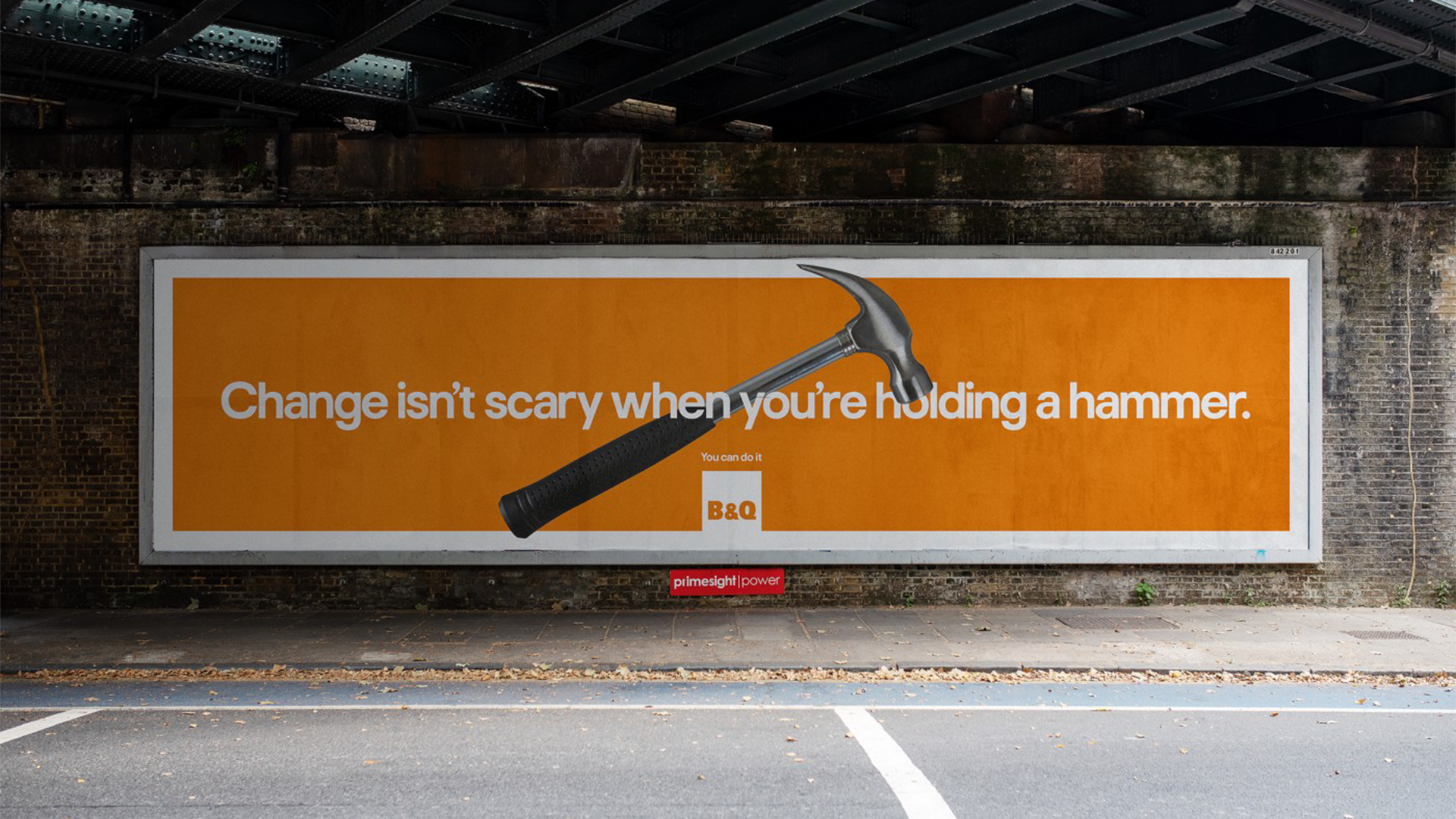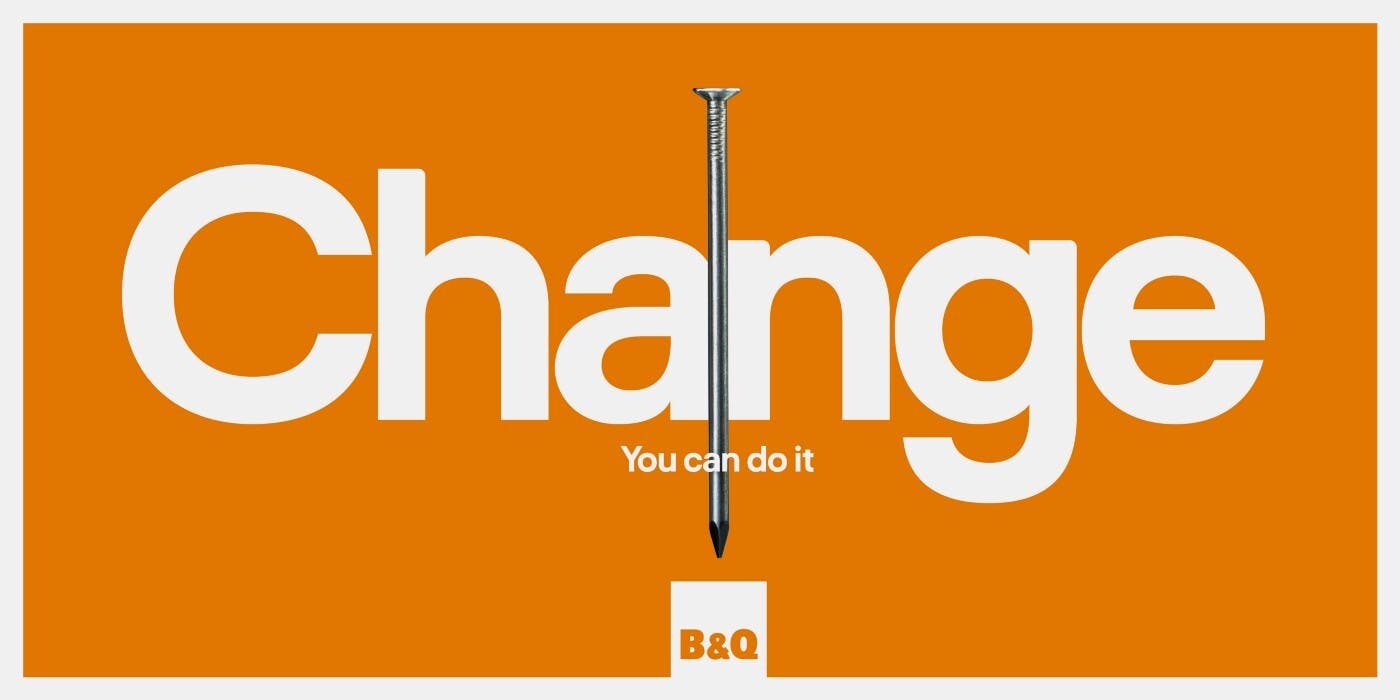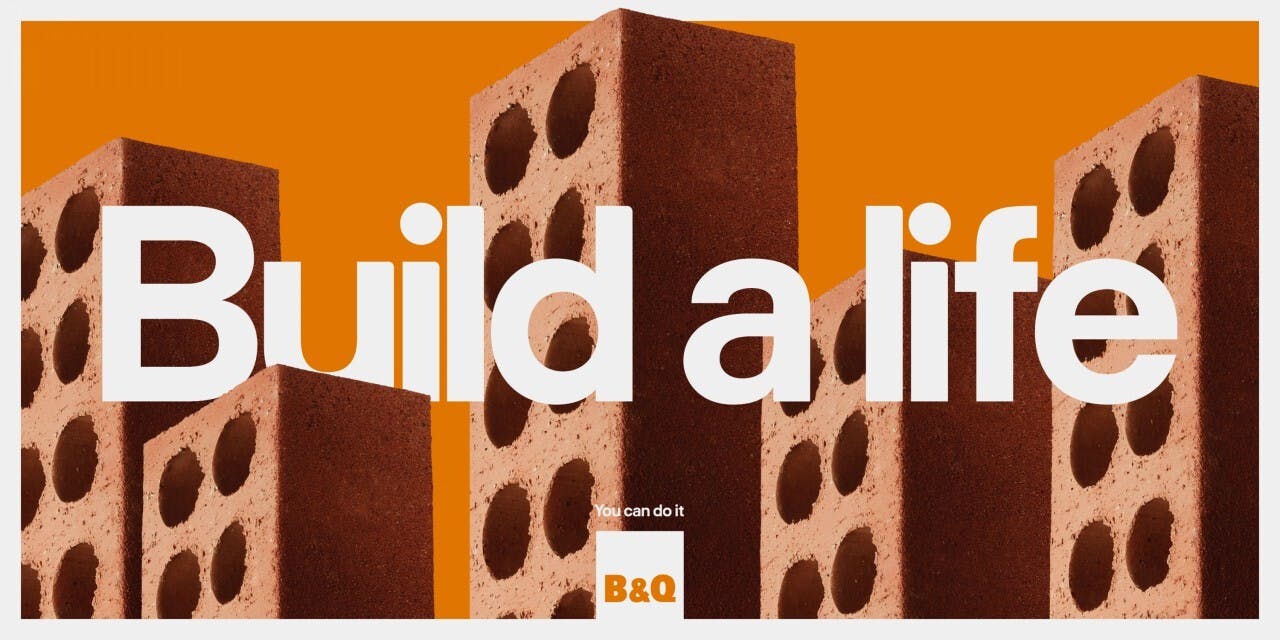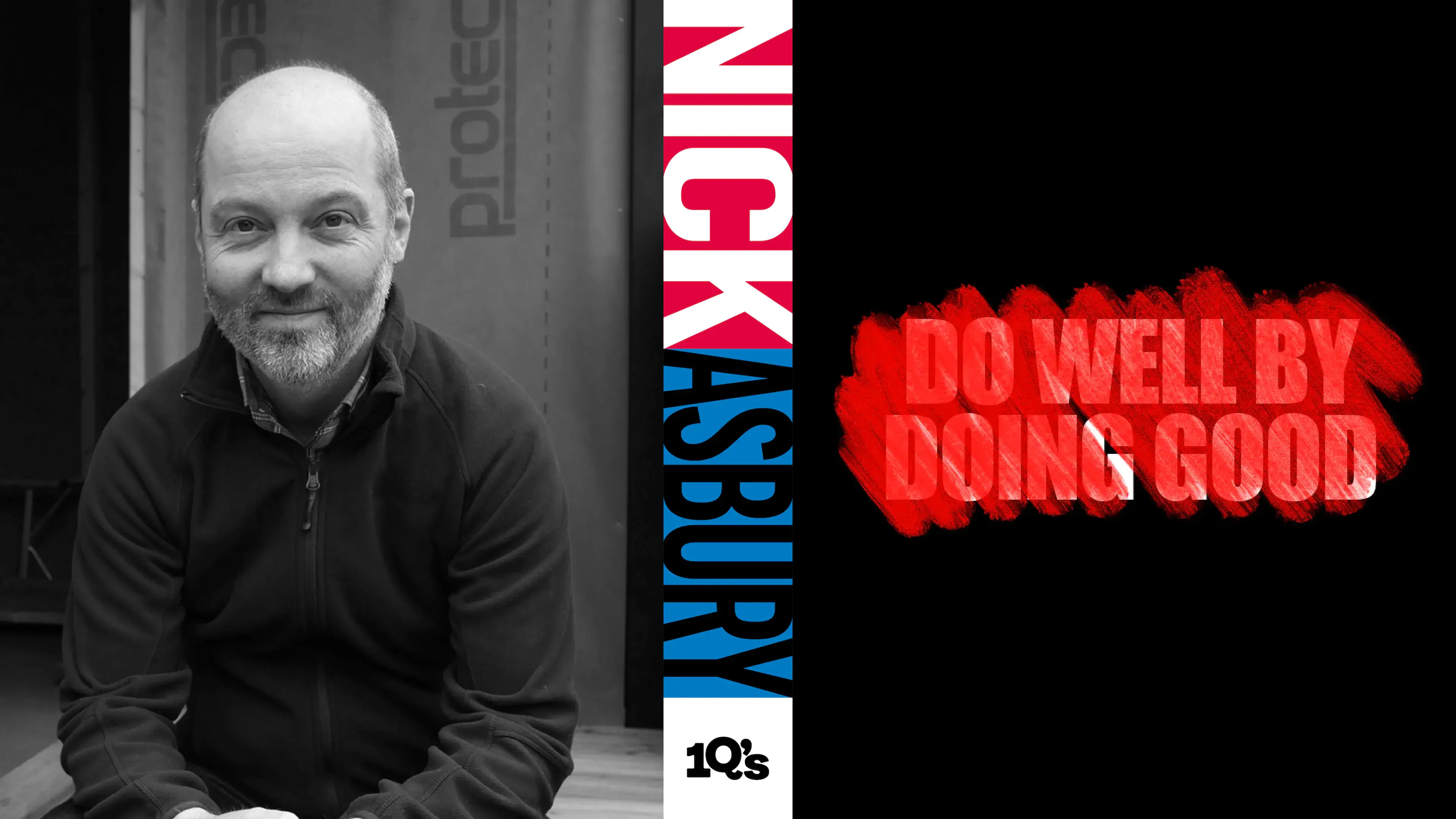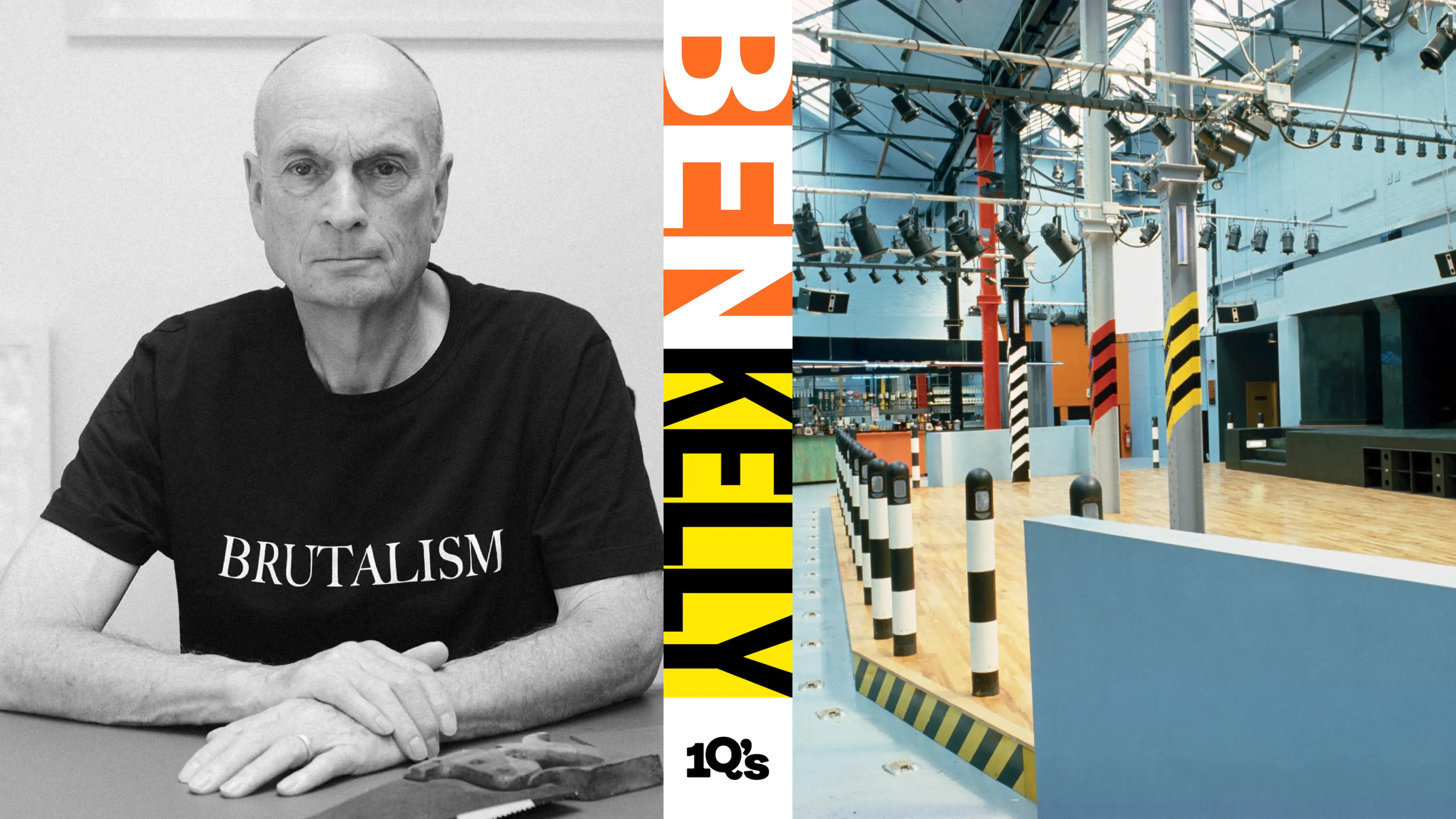An ode to the tagline
Technology and Gen Z are making taglines less relevant. Can they find a new purpose?
Written by Stuart Watson, Partner & Creative Director at Nomad.
Choice, relatively, is a new concept.
Growing up in the ‘80s we had four TV channels, greengrocers instead of supermarkets, and every holiday was a staycation – it’s just they were called holidays. I’m not complaining. Life was simpler back then, with an added air of optimism all around. Aspiration was exciting as the irrepressible Japanese master craftspeople introduced us to everyday innovations such as the highly scientific microwave oven, the VHS video recorder, and the portable Sony Walkman – all available for a moderate monthly fee thanks to Rumbelows, the electrical retailer of choice in the 1980’s.
Churchill often apologised for the writing of long letters. His excuse was he simply did not have the time to write a shorter one. So it is that many a keyboard warrior can bash out 500 words on a given subject, but it’s the gift given to a select few of corporate poets who have the power to paint rich and wonderful pictures with a bare minimum of wordage. The best taglines therefore are no more than three or four words in total, yet can transport us to far and distant worlds. Enter the Bounty, a coconut-filled, chocolate-enrobed treat, manufactured by Mars; incorporated and introduced to the good people of Britain shortly after the Second World War.
A welcome break for sure after many years of government-required rationing, but at the same time an alien concept. Coconut being the most exotic of ingredients in a world before long-haul flights and far-flung package holidays. Even by the early ‘80s the good people of Great Britain were neither waiting nor anticipating this exotic snack. Enter the humble ad-man and his vision of white sandy beaches stretching out as far as the eye can see, palm trees, and the lazy lap of waves against the sand, all captured in the iconic, and timeless tagline ‘The taste of paradise’.
Poetic genius no doubt but surely only made possible by its trailblazing predecessor, Fry’s Turkish Delight, a rose-flavoured, Turkish delight surrounded by milk chocolate, launched in 1914 to little fanfare, until its reimagining in the 1950’s by ad-lands finest – and represented to the world as ‘Full of eastern promise’. This evocative tagline was backed up by a series of stunning TV ads featuring the effervescent English fashion model and actress, Jane Lumb.
And so it was that corporate poetry became part of the modern-day vernacular, as we the public co-opted taglines for everyday purposes, singing along to the catchy jingles, memorising the taglines and buying up everything that was being sold to us. As the technological advances in Japan continued, on this shore, we focused on humbler pursuits with a similar gusto, such as the selling of baked beans, tinned paint, and breakfast cereal, all immortalised through the long-lasting and much-loved taglines of: ‘Beanz ,Meanz Heinz’, does exactly what it says on the tin, and ‘Snap! Crackle! Pop!’ What times we were living in.
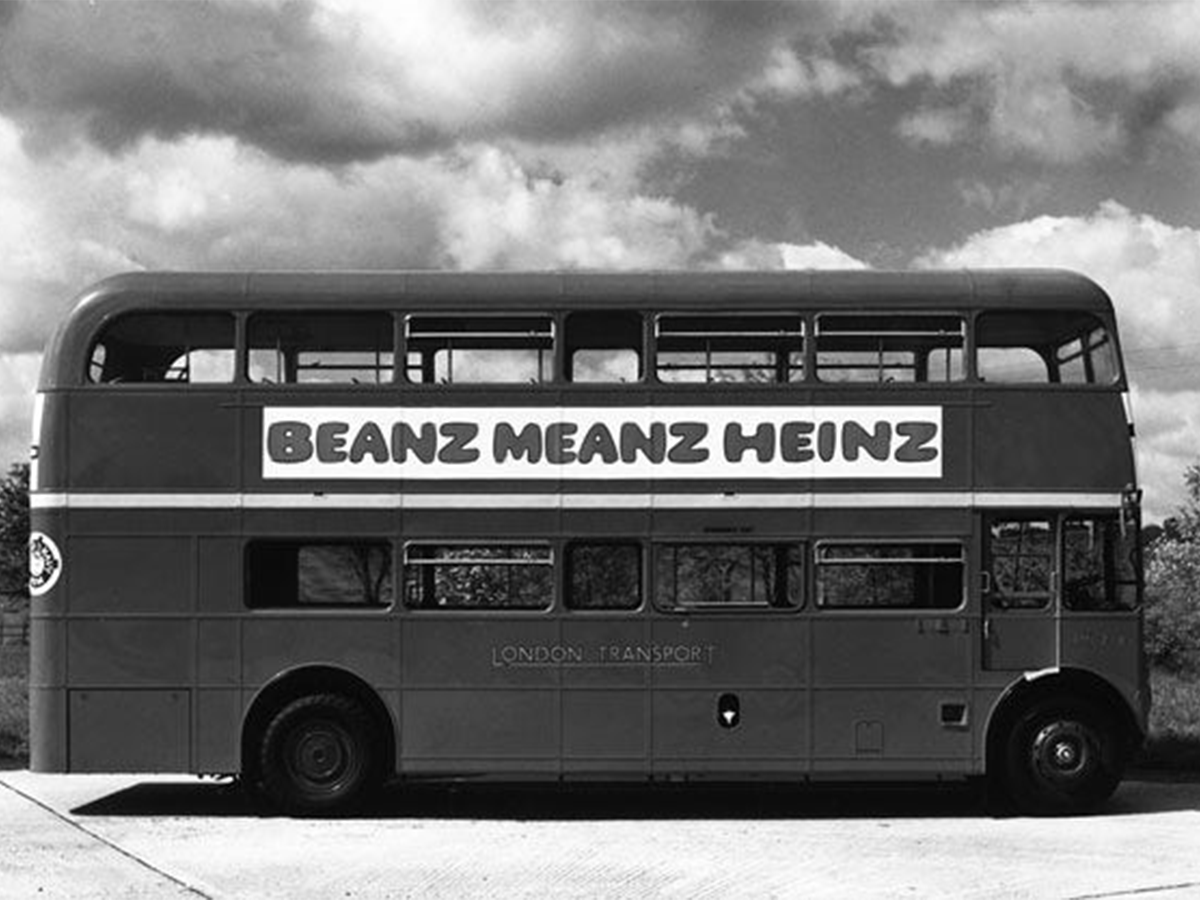
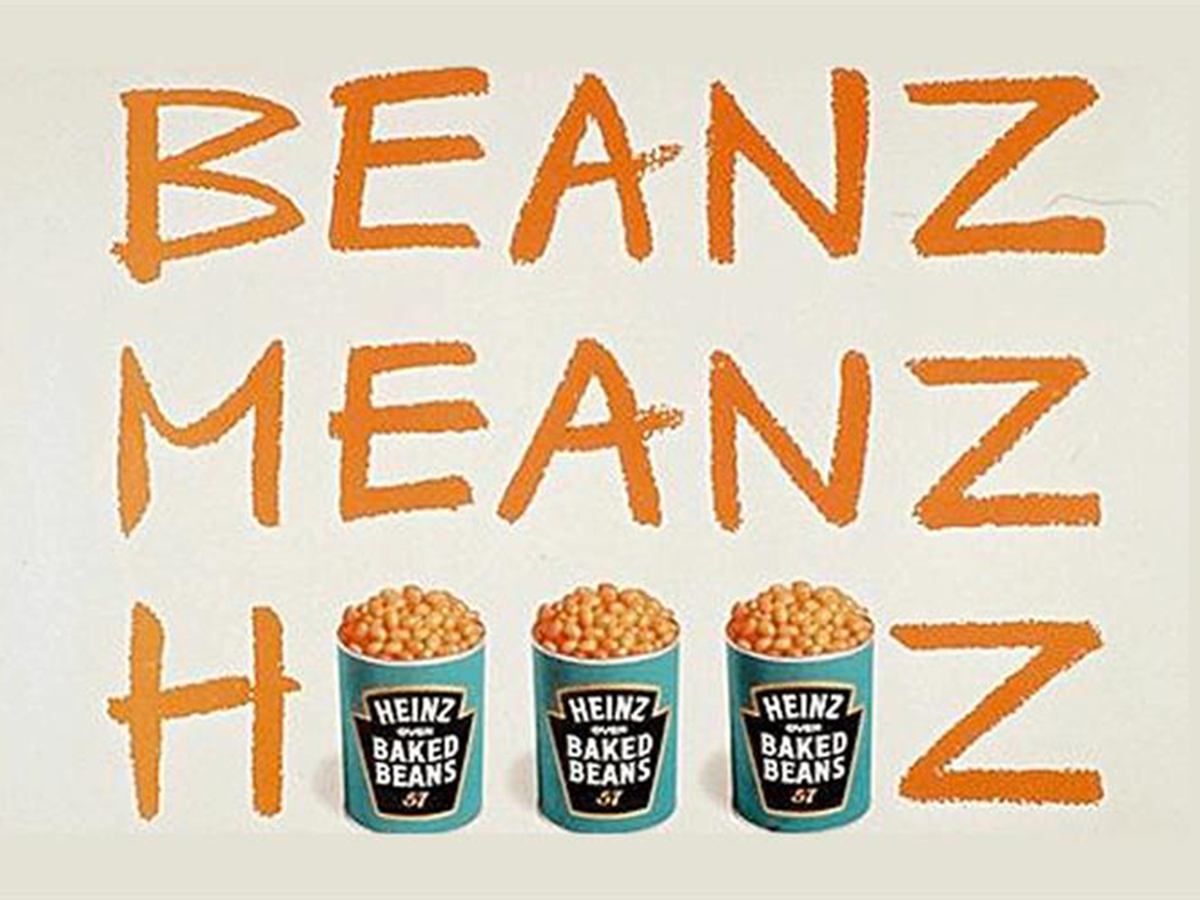
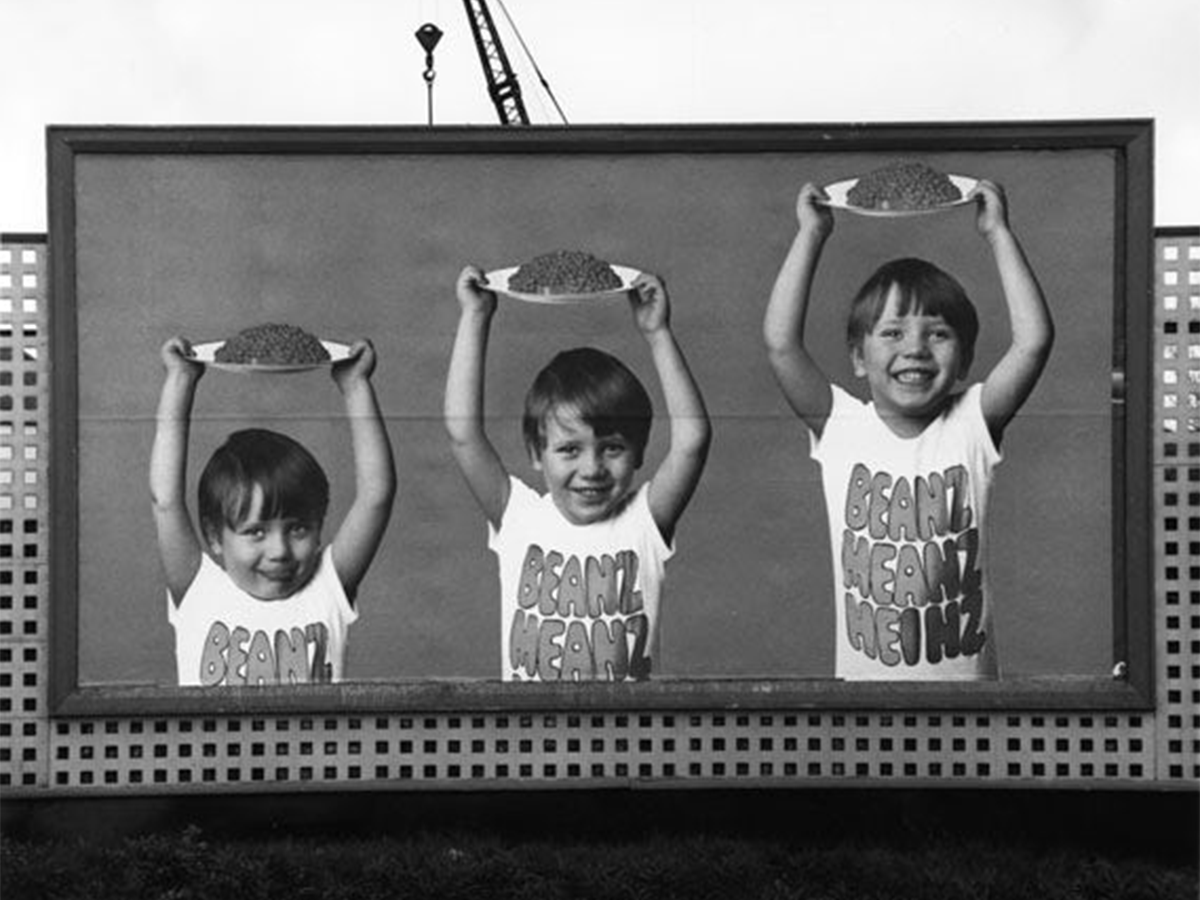
Why this golden age of advertising yielded some of the most loved and enduring taglines of all time is quite simple; creatives were hailed as artists, poets and magicians, with the unique ability to turn everyday objects into iconic pop culture. Today, creatives with similar talent are held back by overly cautious clients, far too focused on shifting stock than selling dreams. What the ‘80s and ‘90s taught us (apart from the fact that no fully grown adult should ever wear a shell suit) is that we are all suckers for a story, a dream, a vision. The minute you start selling, we stop listening. And this is truer than ever with a Gen Z audience, who reject anything that is inauthentic, corporate, bad for the planet, or seen as even remotely selling by stealth.
Brands also have to keep up with today’s fast-moving world, take a long hard look at themselves and see if what they’re saying actually holds up. After almost a century, high-street heavyweight John Lewis is binning off its ‘Never knowingly undersold’ price match pledge line because it simply can’t compete with online retailers and has lost its relevance. On the other end of the dial though, B&Q brought life back into their ‘You can do it’ line, thanks to the magic of minimalism and by tapping into real-life moments, expertly crafted by Uncommon and a bit of bravery from the client.
